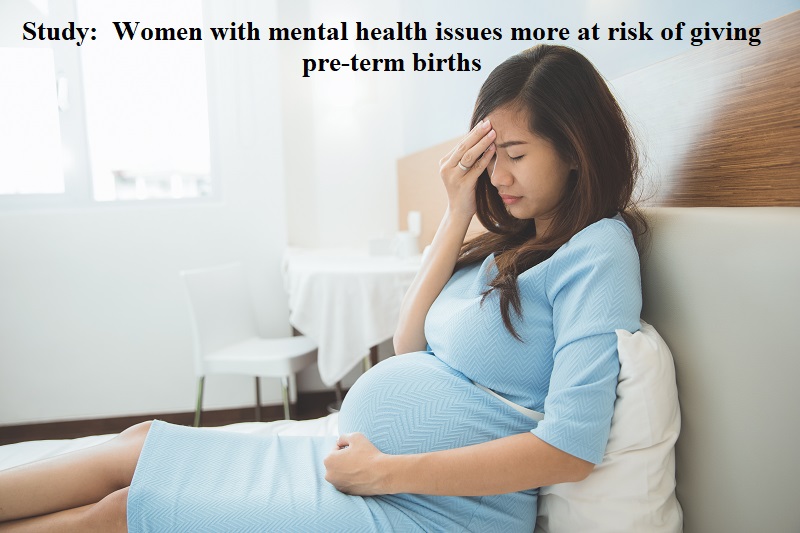
A groundbreaking study in the medical field reveals that women grappling with mental health challenges are confronted with an alarming 50 percent elevated risk of encountering pre-term births.
The research, published in Lancet Psychiatry, involved collaboration among esteemed institutions including the University of Exeter, King’s College London, the London School of Hygiene & Tropical Medicine, and the University of Liverpool.
The study’s significance is underscored by the sheer magnitude of the cited data, as it draws upon information from over 2 million pregnancies in England.
From this extensive data pool emerged a discernible pattern: approximately one in 10 women who availed mental health services experienced pre-term births, a rate notably higher than the one in 15 women who did not engage in such services.
Intriguingly, the study unearths a compelling correlation between the severity of prior mental health struggles and adverse birth outcomes. Notably, women with past admissions to psychiatric hospitals exhibit nearly twice the likelihood of undergoing preterm births in comparison to those without previous engagement with mental health services.
Furthermore, women who have wrestled with mental health difficulties in their history are more prone to giving birth to infants smaller than their gestational age would typically suggest, with rates standing at 75 per 1,000 births in contrast to 56 per 1,000 births.
A pivotal transformation in the approach to initial assessments of pregnant women by medical professionals is recommended by the study. It advocates for in-depth and empathetic inquiries into the mental health of expectant mothers, with the aim of detecting early indications of potential complications.
Louise Howard, a report author and an authority in women’s mental health at King’s College London, emphasized the significance of such screening. She articulated, “Mental illness is a treatable problem… maternity professionals will be focused on thinking about other modifiable risk factors such as smoking and obesity, but they may not have thought about some of the additional risks that women with mental illness may have.”
Moreover, the study accentuates the link between adverse birth outcomes and the severity of mental health concerns, accentuating the imperative for comprehensive training of medical health professionals and obstetricians in addressing mental health matters.

Post Your Comments